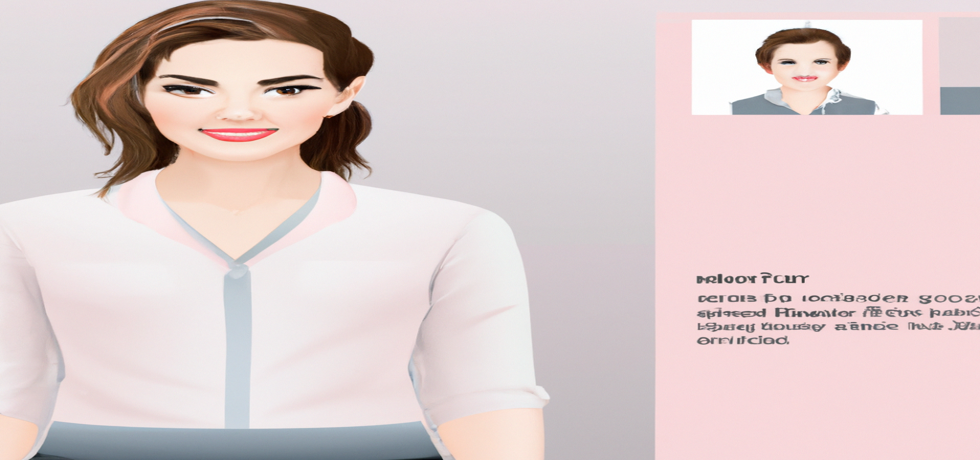
Bright Ideas: Exploring Innovative Phototherapy Techniques
Understanding Phototherapy
Phototherapy has emerged as a beacon of hope for many individuals dealing with skin disorders. This innovative approach utilizes specific wavelengths of light to treat various skin conditions effectively. From psoriasis to eczema, phototherapy is paving the way for enhanced skin care and better treatment outcomes. At The Skin Artistry, we are excited to share insights about these innovative techniques and their benefits for your skin health.
The Mechanism Behind Phototherapy
Phototherapy involves exposing the skin to ultraviolet (UV) light, which can help reduce inflammation, alleviate discomfort, and promote healing. When targeted correctly, phototherapy can diminish the frequency and severity of flare-ups in conditions like psoriasis and eczema. It works by directly affecting the immune system’s response, allowing individuals to manage their skin conditions more effectively. By understanding the mechanism behind phototherapy, patients can make informed choices regarding their skin care treatment plans.
Types of Phototherapy Techniques
Various phototherapy techniques have gained popularity in recent years. Narrowband UVB therapy is often favored for its efficacy in treating psoriasis due to its targeted approach. Another technique, PUVA therapy, combines a light-sensitizing agent with UVA light to enhance results. Both of these methods present excellent options for patients seeking effective psoriasis natural treatment strategies. Our team at The Skin Artistry regularly assesses the most suitable techniques for each patient’s unique condition, ensuring a personalized approach to skin care.
Benefits of Innovative Techniques
The advantages of innovative phototherapy techniques extend beyond just treating skin conditions. They can improve skin texture, reduce redness, and even promote faster healing of lesions. Studies suggest that these techniques may also help reduce the need for more aggressive treatments like systemic medications. For individuals looking to manage their skin issues without the potential side effects of traditional drugs, embracing phototherapy can be a game changer. By consulting with our dermatology specialists at The Skin Artistry, you can learn more about effective treatments available in our clinics.
Taking Action for Your Skin Health
If you or someone you know struggles with chronic skin conditions, consider exploring phototherapy as a treatment option. It’s essential to consult with a trained dermatologist to determine the best approach for your specific needs. Staying informed about progress in innovative phototherapy techniques can empower you to take charge of your skin health. Visit The Skin Artistry for personalized consultation and guidance in navigating these exciting treatment options.
FAQs
1. Is phototherapy safe for everyone?
Phototherapy can be safe for many individuals, but it is essential to consult your dermatologist to confirm that it is suitable for your specific skin type and condition.
2. How quickly can I expect to see results from phototherapy?
Results can vary based on the individual and condition being treated, but many patients notice improvements within a few sessions.
3. Will phototherapy work for my eczema or psoriasis?
Many patients experience relief from eczema and psoriasis through phototherapy. A personalized assessment will help determine the best course of action for you.
Phototherapy can be safe for many individuals, but it is essential to consult your dermatologist to confirm that it is suitable for your specific skin type and condition.
2. How quickly can I expect to see results from phototherapy?
Results can vary based on the individual and condition being treated, but many patients notice improvements within a few sessions.
3. Will phototherapy work for my eczema or psoriasis?
Many patients experience relief from eczema and psoriasis through phototherapy. A personalized assessment will help determine the best course of action for you.
For professional assistance and expert advice from leading dermatologists like Dr. Hital Patel, experience the benefits of Bright Ideas: Exploring Innovative Phototherapy Techniques with Hair & Skin Specialist Dr. Hital Patel at The Skin Artistry. Our clinics in PDPU Gandhinagar, Vastrapur Ahmedabad and Hyderabad offer top-quality care and personalized treatments. Visit us today to learn more about our services and take advantage of our special offers! For more insights, updates, or to collaborate, stay connected with The Skin Artistry.

